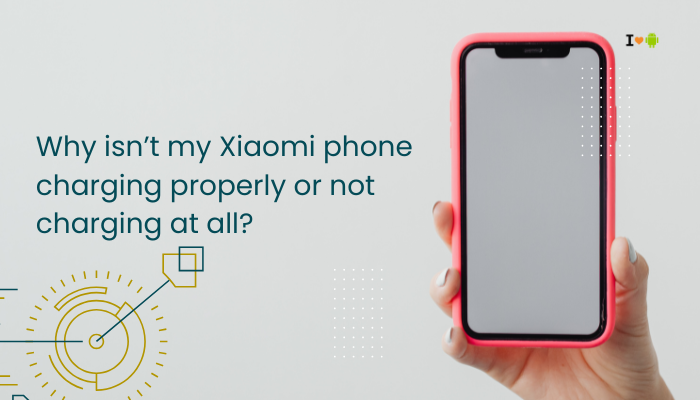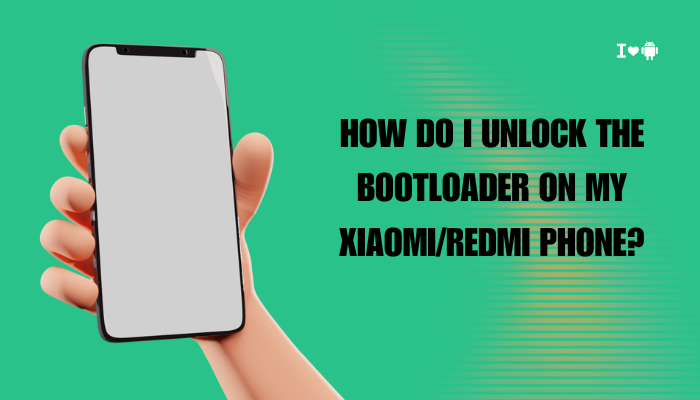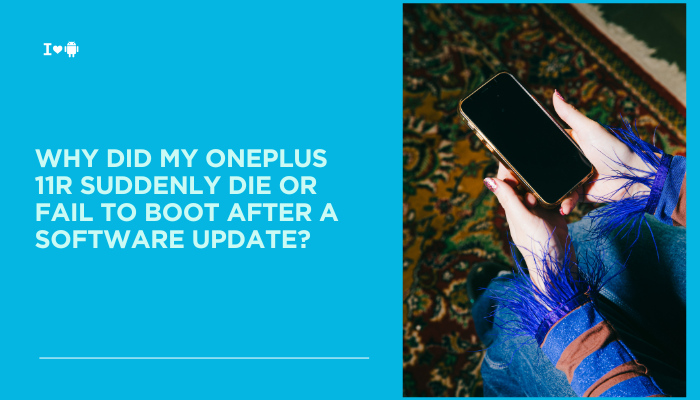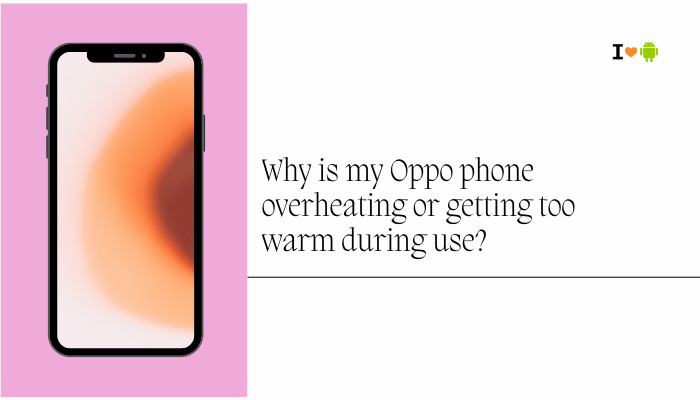Clearing the cache partition on your Motorola smartphone can resolve performance issues, unexpected crashes, app glitches, or problems after a system update. Unlike clearing individual app caches, wiping the cache partition removes temporary system files—without deleting your personal data.
Why Clear the Cache Partition?
- Remove Corrupted System Caches
OTA updates and routine use can leave behind outdated or corrupted temporary files. - Improve Performance
Freeing up stale cache data can speed up boot times and eliminate lags. - Resolve App & System Errors
Error messages like “System UI has stopped” or random reboots often stem from bad cache. - Safe Troubleshooting Step
Unlike a factory reset, cache partition wipes only temporary files—no loss of apps, settings, or personal data.
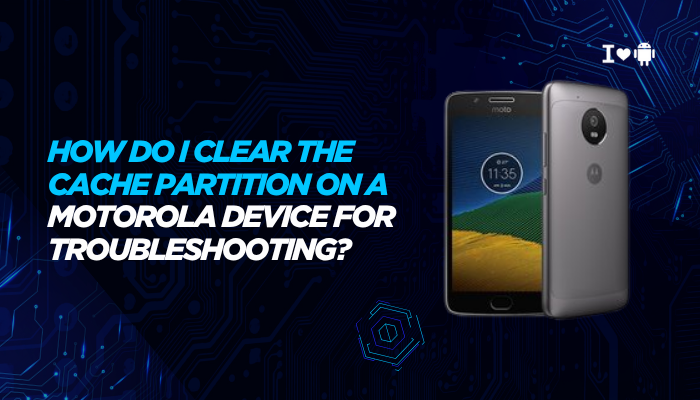
When to Clear the Cache Partition
- After a major Android or Moto Actions update
- If your phone enters a boot loop or freezes at the logo
- When experiencing persistent stuttering, UI glitches, or sudden crashes
- Before resorting to a full factory reset
Prerequisites & Precautions
- Charge Your Phone
Ensure the battery is at least 50% to prevent shutdown during the wipe. - Note Custom Settings
You won’t lose personal data, but remembering custom accessibility or gesture settings helps—you may need to re-enable them. - Understand Device Variations
The bootloader key combination may differ slightly by model (e.g., Moto G vs. Edge series), but the core steps are the same.
Method: Wiping the Cache Partition via Recovery Mode
Step 1: Power Off Completely
- Press and hold the Power button until the power menu appears.
- Tap Power off.
- Wait for the screen to go fully dark (no vibration or LED).
Step 2: Enter the Bootloader Menu
- Press and hold the Power + Volume Down buttons simultaneously for about 5–7 seconds.
- Release both buttons when the Bootloader screen appears. You’ll see text like FASTBOOT, and options such as Start, Restart bootloader, Recovery mode.
If your model shows a graphical menu instead, use the Volume keys to highlight Recovery mode, then press Power to select.
Step 3: Navigate to Recovery Mode
- When you first see the Android bot with an exclamation mark, press and hold the Power button.
- While holding Power, press Volume Up once, then release both.
- The device will enter Recovery Mode, displaying a menu with options like Reboot system now, Wipe data/factory reset, Wipe cache partition.
Step 4: Wipe the Cache Partition
- Use the Volume Down button to scroll and highlight Wipe cache partition.
- Press Power to select.
- Confirm by highlighting Yes (or Yes – Wipe cache) and pressing Power again.
- The system will display progress as it clears the cache. This takes under a minute.
Step 5: Reboot the System
- Once wiping completes, Reboot system now is highlighted by default.
- Press Power to restart your phone into Android.
- The first boot may take slightly longer as the system rebuilds necessary cache files.
Alternative: Clear Cache via Settings (Android 9+)
Some newer Motorola models provide a “Maintenance” or “Device care” menu:
- Open Settings → Battery & device care (or Device maintenance).
- Tap Storage → Cache data.
- Confirm Clear cache.
This method clears app-level and some system caches but may not be as thorough as Recovery Mode.
Advanced Tips & Insights
Combine with Wiping Cache Partition
- Cache Partition: System-level temporary files.
- App Caches: Individual apps’ stored data (Settings → Apps → [App] → Storage → Clear cache).
Clearing both can maximize troubleshooting impact.
Use Safe Mode for App-Related Issues
If problems persist after wiping the cache partition:
- Restart into Safe Mode (press and hold Power, then long-press Power off → OK).
- Safe Mode disables third-party apps. If performance stabilizes, uninstall recently installed or updated apps.
Rebuild Media Storage Database
Occasionally, corrupt media caches (gallery, music players) can cause lags:
- Open Settings → Apps → Show system apps → Media Storage.
- Tap Storage → Clear cache.
Troubleshooting Common Recovery-Mode Issues
| Issue | Cause | Solution |
| No Wipe cache partition option | Outdated recovery UI or OEM menu variation | Use Settings-based cache clear or update to latest OS |
| Bootloader key combo unresponsive | Incorrect button timing or hardware issue | Practice simultaneous press; try Power + Volume Up combo |
| Stuck in bootloader/recovery mode | Corrupted firmware or button stuck | Hold Power 10+ secs to force reboot; reattempt; service |
| Error wiping cache (E: failed) | Low battery or partition corruption | Charge to 100%; reenter recovery; consider full reset |
| Problems return after cache wipe | Underlying app or data issue | Clear app caches; uninstall suspect apps; factory reset |
Preventive Best Practices
- Regular Cache Maintenance
Wipe cache partition every 3–6 months, especially after major updates. - Keep System Updated
Install the latest Android and Moto Actions patches to reduce cache-related bugs. - Avoid Unofficial ROMs
Custom firmware may lack proper cache-wipe support. - Monitor Storage
Maintain ≥15% free internal storage to let Android manage cache efficiently.
Frequently Asked Questions (FAQ)
Q1: Will wiping the cache partition delete my photos and apps?
No. It only removes temporary system files. Your personal data, installed apps, and settings remain intact.
Q2: How often should I clear the cache partition?
For most users, every 3–6 months or when encountering significant slowdowns or post-update issues.
Q3: My phone is frozen—can I still clear the cache partition?
Yes—Recovery Mode works independently of the Android UI. Use the hardware-button method even if the screen is unresponsive.
Q4: What’s the difference between wiping cache partition and factory reset?
- Cache partition: Deletes only system temporary files.
- Factory reset: Erases all user data, apps, and settings, restoring the phone to out-of-box state.
Q5: Cache wipe didn’t fix my issue—what next?
Try clearing individual app caches, uninstall recently installed apps, or perform a factory reset if problems persist.
Conclusion
Clearing the cache partition on your Motorola device is a safe, effective troubleshooting step that resolves many software-related issues—without touching your personal data. Whether you use Recovery Mode for a thorough wipe or the Settings shortcut on newer models, routine cache maintenance keeps your phone running smoothly.
Combine cache wipes with Safe Mode testing, app-cache clearing, and software updates to tackle stubborn glitches. With these step-by-step instructions and best practices, you’ll master cache management and maintain peak performance on your Moto smartphone.

